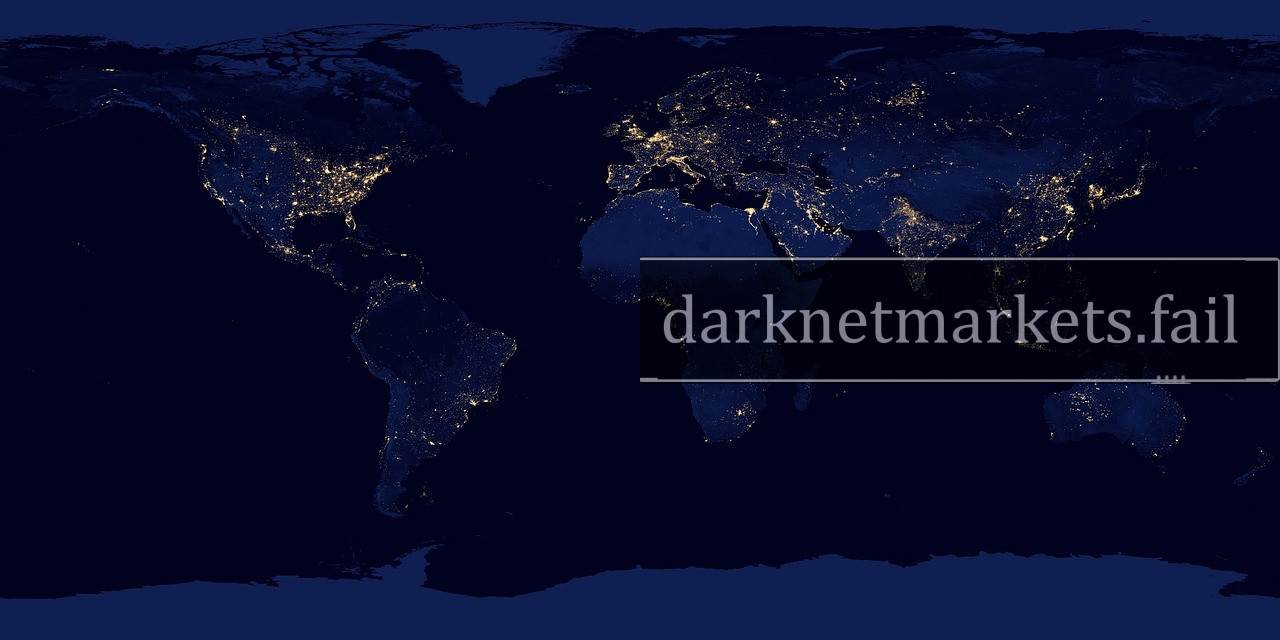Exploring the Intersection of Drug Markets and Personal Freedom: A Deep Dive into Darknet Marketplaces

In the evolving landscape of digital commerce, darknet marketplaces have emerged as significant players, offering a platform for the exchange of various goods and services, including substances that are often illegal in many jurisdictions. This phenomenon raises profound questions about personal autonomy, the role of government in regulating behavior, and the ethical considerations surrounding drug use and trade.
Understanding Darknet Marketplaces
Darknet marketplaces are online platforms that operate on the dark web — a part of the internet not indexed by traditional search engines and accessible only through specialized software like Tor. These marketplaces, such as Drughub Market, provide a venue for users to buy and sell a range of products, including drugs, digital goods, and services.
Accessing these platforms typically requires specific URLs, often ending in “.onion,” and users must navigate security measures to ensure anonymity and protection against cyber threats.
Drughub Market is one notable example. It offers features like passwordless login via PGP keys, invoice-based payments, and end-to-end encryption to secure communications. Categories range from cannabis and stimulants to counterfeits and more.
The Argument for Personal Freedom
Supporters of drug decriminalization argue that individuals should have the right to make choices about their own bodies, including substance use, without undue interference from the state. Criminalizing drug use, they argue, infringes on personal liberty and often results in greater harm—such as stigma, incarceration, and strained justice systems.
Darknet markets, from this view, offer a form of resistance against excessive government control. Advocates also point out that these platforms can serve harm-reduction purposes, such as sharing information about safe usage and offering substances with fewer adulterants than those on the street.
The Case Against Darknet Marketplaces
Critics, however, raise valid concerns. The anonymity of darknet platforms can make them hotspots for the distribution of dangerous substances — some highly addictive or even deadly.
With no formal oversight, consumers risk receiving counterfeit or contaminated products. Additionally, organized crime involvement in darknet markets can fuel other illicit activities, including money laundering and data theft.
Ethical Considerations and the Role of Government
The ethical debate surrounding these platforms centers on balancing personal autonomy with societal safety. While the right to choose is essential, the government also has a duty to protect public health and minimize harm.
However, traditional punitive measures are increasingly questioned. Many studies suggest criminalization doesn’t significantly curb drug use, and may actually increase negative outcomes like incarceration and inequality. This has prompted a shift toward alternative approaches.
The Future of Drug Policy and Darknet Marketplaces
Looking forward, evolving drug policies may take a more nuanced approach, considering both individual rights and public well-being. These may include:
- Decriminalization: Removing criminal penalties for possession and use, focusing on treatment and rehabilitation instead.
- Regulation: Creating legal frameworks for the safe production, distribution, and consumption of substances.
- Harm Reduction: Offering services such as supervised consumption sites and needle exchanges to reduce risk.
- Education and Support: Promoting public awareness and offering assistance to those impacted by substance use.
Darknet marketplaces could potentially align with these shifts by incorporating safety, education, and support resources, beyond just facilitating commerce.
Conclusion
The relationship between drug markets and personal freedom is complex. While darknet platforms like Drughub may provide avenues for exercising autonomy, they also pose significant challenges around safety, ethics, and regulation.
As we continue to explore and debate the best path forward, it’s vital to stay informed and consider balanced solutions that respect both individual rights and the well-being of the broader community.



